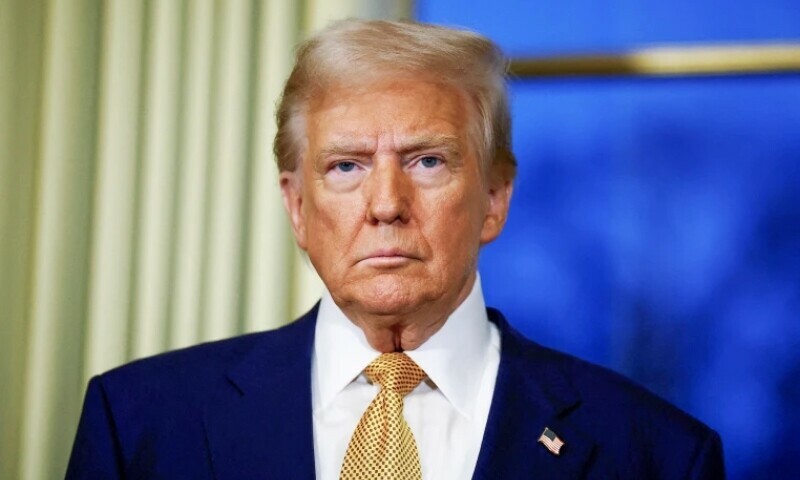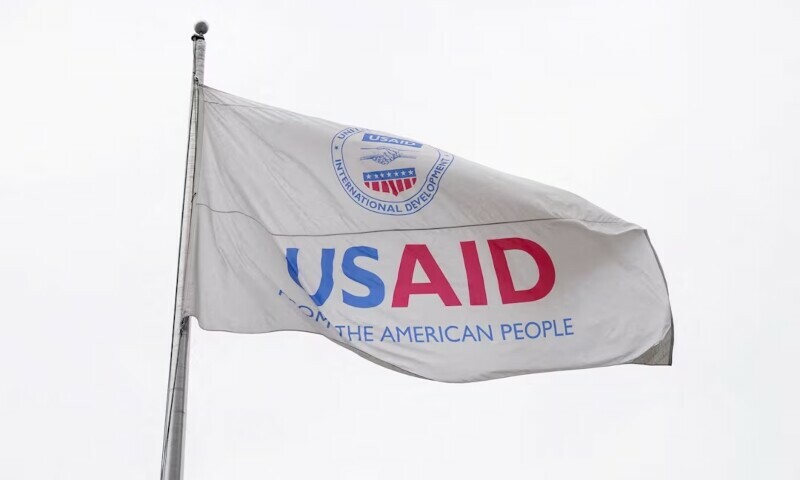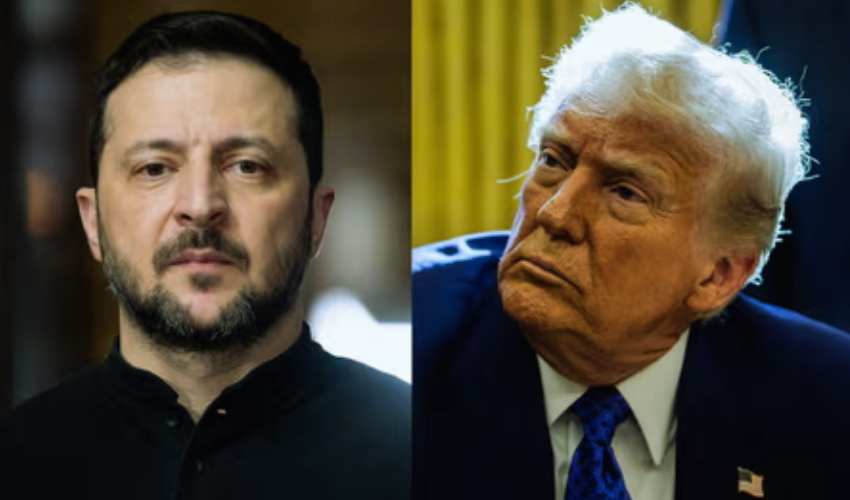WORLD NEWS

Washington, D.C. – U.S. President Donald Trump has issued a strong warning to BRICS nations, threatening to impose tariffs of up to 150% in response to their efforts to introduce an alternative currency to the U.S. dollar.
Speaking at a Republican Governors Association meeting, Trump accused BRICS countries of attempting to undermine the U.S. dollar by promoting a new currency, potentially backed by the Chinese yuan.
“The BRICS countries want to create a new currency and are trying to destroy the U.S. currency, the dollar,” Trump said. “They may face a 150 percent tariff for this attempt.”
The BRICS Currency Push
The BRICS alliance, initially composed of Brazil, Russia, India, China, and South Africa, has now expanded to 10 member nations, including Iran, the UAE, Egypt, Ethiopia, and Argentina. The bloc has been actively discussing de-dollarization, with several members advocating for a new trade settlement system using either local currencies or an alternative to the U.S. dollar.
Countries like China and Russia have already begun bypassing the dollar in bilateral trade, and discussions of a BRICS-backed currency have intensified amid global economic shifts and geopolitical tensions.
Trump’s Economic Strategy
Trump’s comments reflect his America First trade policies, which previously led to tariff wars with China during his earlier presidency. He contrasted his stance with former President Joe Biden, claiming Biden was unable to counter BRICS’ economic maneuvers.
“Biden said he couldn’t do anything about it, but now we can,” Trump declared.
The proposed 150% tariffs could have significant consequences for U.S. trade relations, especially with BRICS powerhouses like China and India, both of whom maintain strong economic ties with Washington.
Potential Global Impact
A trade war between the U.S. and BRICS could lead to:
- Increased global economic instability
- Higher prices for U.S. consumers on imports from BRICS nations
- Greater financial and diplomatic friction between the U.S. and emerging economies
- Acceleration of BRICS de-dollarization efforts
Experts warn that imposing such high tariffs could provoke retaliatory measures from BRICS nations, further fragmenting the global economy.
What’s Next?
Trump’s remarks signal a more aggressive stance toward BRICS’ financial policies, but whether such tariffs will be implemented remains uncertain. With the 2024 U.S. elections approaching, his economic policies could become a major topic of debate.
As BRICS nations continue to push for financial independence from the U.S., the world may be entering a new era of economic realignment—with Washington and BRICS on a collision course over the future of global trade and currency dominance.




